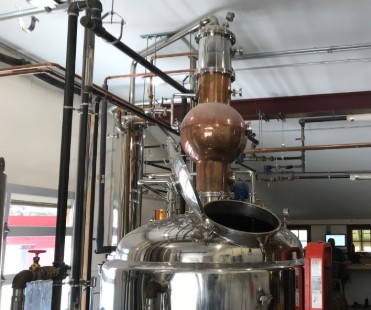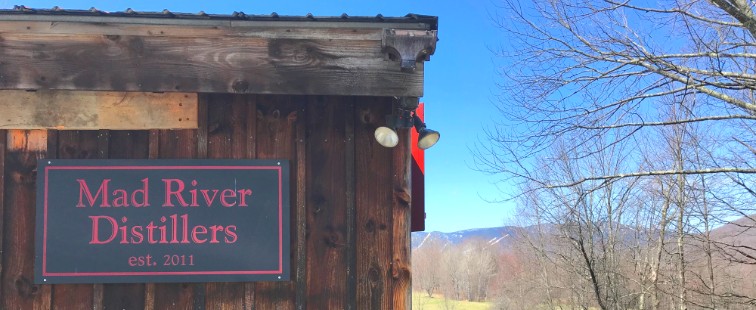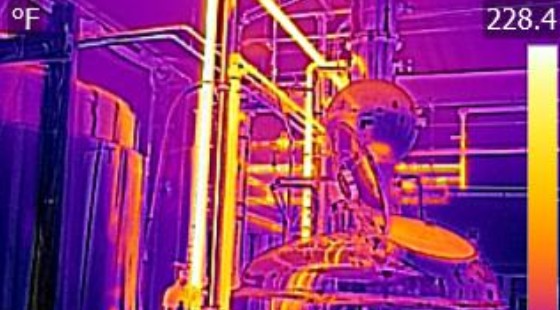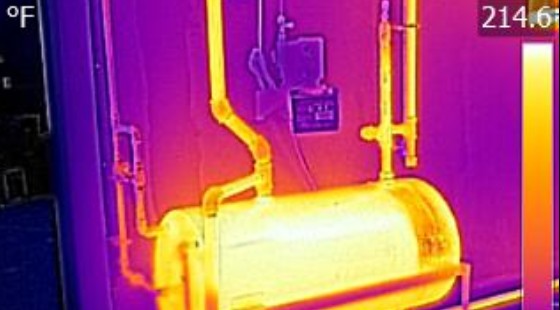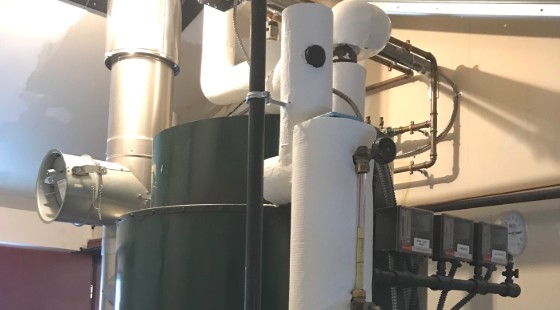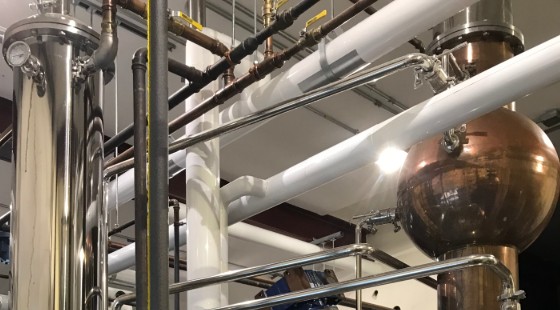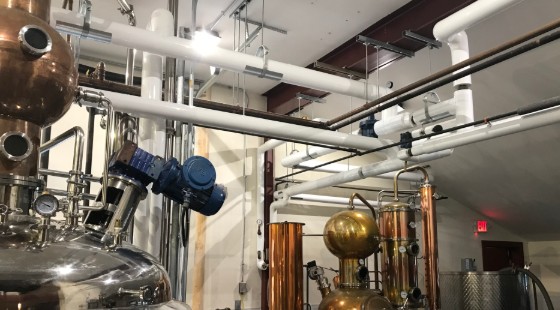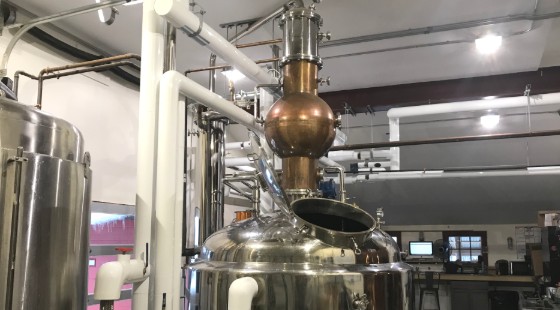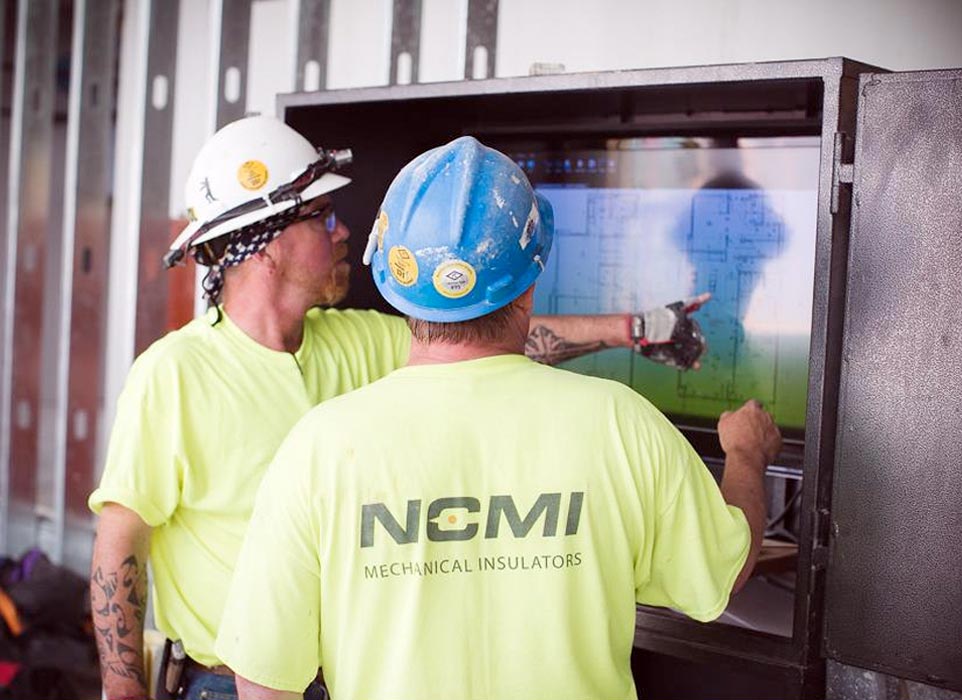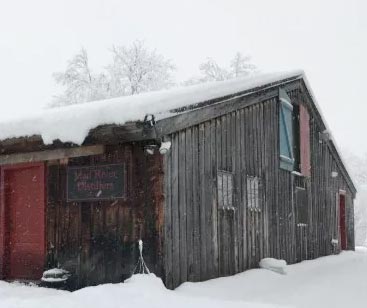
Mad River Distillers
Mad River Distillers ferments, distills, and bottles whiskey, brandy and rum in Warren, VT, with tasting rooms in Burlington and Waitsfield. A local business, Mad River Distillers was started in 2011 on a 150-year- old farm in Warren, VT. They source many of their ingredients locally and sustainably and use Vermont ingredients whenever available.
NCMI approached the distillery about saving energy through the insulation of steam and condensate piping.
